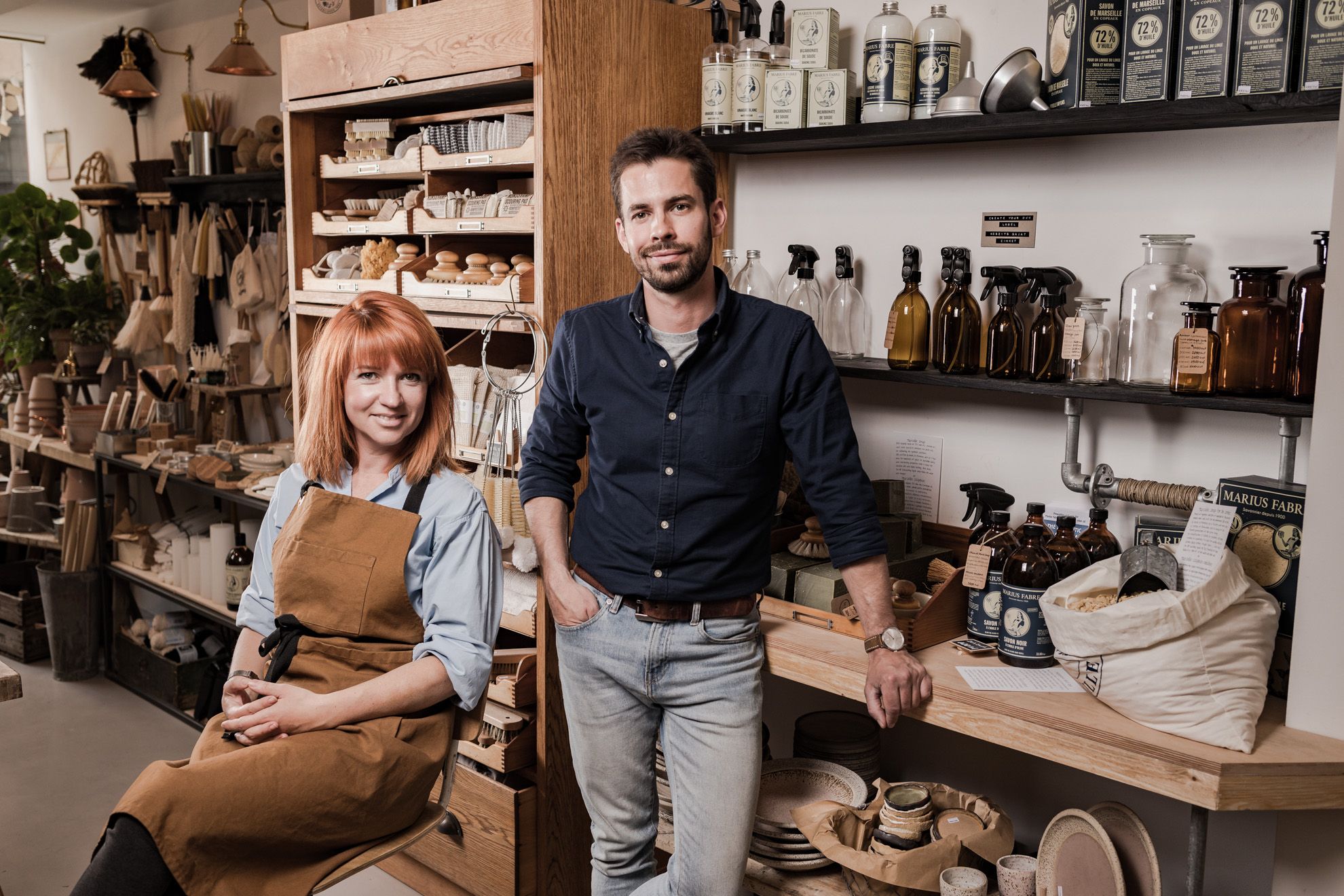Love, coziness, home. Vitkovics Mihály utca hides a lot of treasures, including the Pauza store, regarded by many as a symbol of slowing down. The products in the store promote consciousness, therefore, in addition to bringing joy to customers, they also make the world a better place. Interview!
Évi Klément and Zoli Nádasdy have known each other since childhood. In 2016, putting an end to their previous jobs and way of life, they went on a trip around the world. They have travelled all the way through North and Central America, Asia, Indonesia, Malaysia, India and Africa, and in the meantime, they conceived the idea of Pauza. After having returned to Europe and having decided that they wanted to create their joint business, they examined several stores – Pauza is also about their slowing down.
What were the experiences during your trip that made you decide to establish Pauza?
Évi: We didn’t want to pick up where we left off, and since the trip drew us even closer – we were together 24/7 for almost a year –, we thought we could work well as colleagues, too. Therefore, we first decided that we would do “something, together, as entrepreneurs”. The idea itself only came later on. Pauza is, by the way, always a kind of reflection on our own lives. At that time, our lives were undoubtedly dominated by disconnecting and slowing down. This is why our initial palette had many products that were perfect accessories for snuggling up at home.
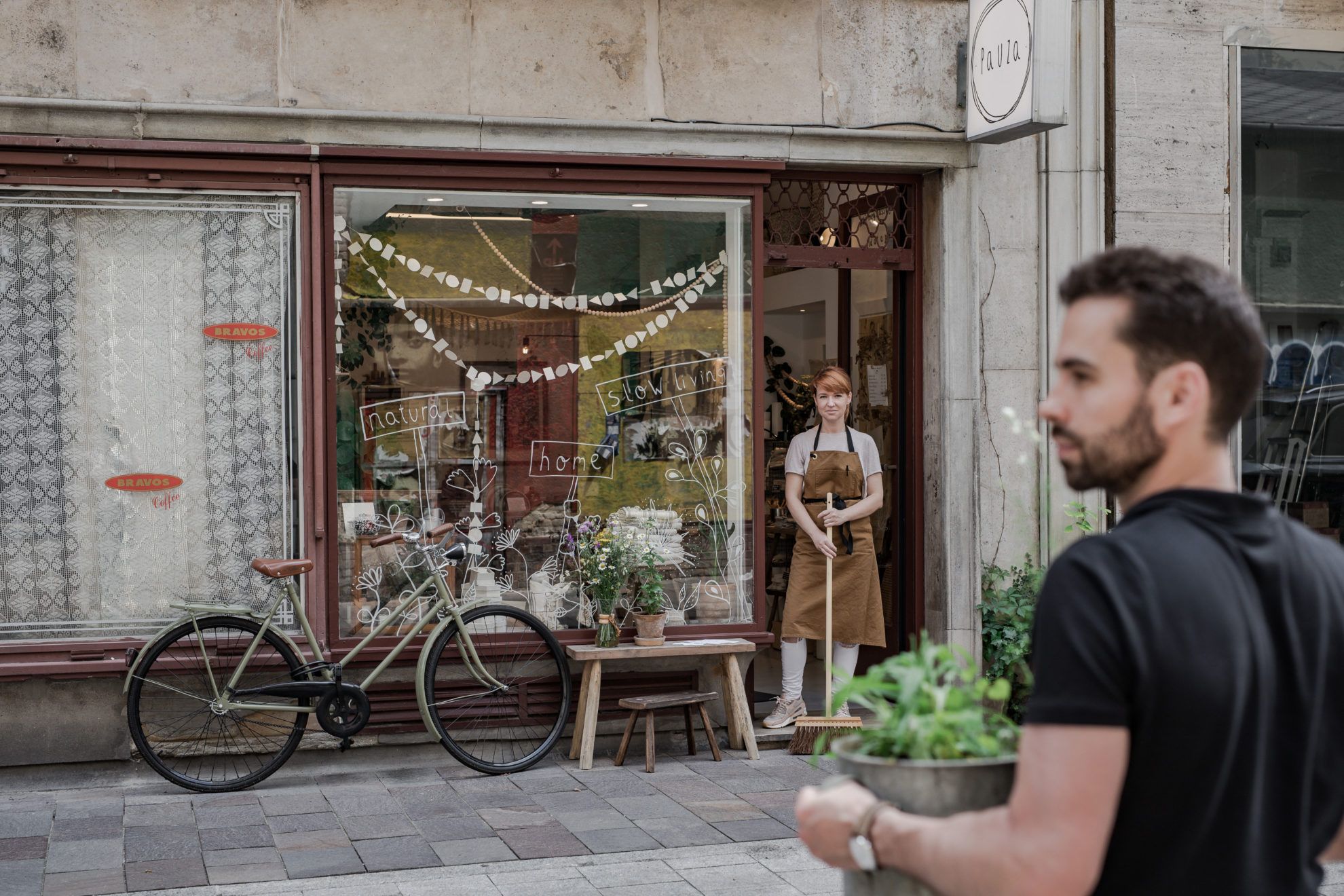
Pauza started off as an online store, but now it also operates as a physical shop. What factors did you consider when choosing your location?
Zoli: We wanted to make even visiting Pauza a good experience, where the guests can feel as if they entered the island of calm amidst the noise of the city center, and escaped the rush of the everydays. We wanted to open a store at a place that has this feeling. The iconic historic building in Vitkovics utca, the gorgeous green wall, the renovated Kamermayer tér, Gerlóczy Café bringing a little bit of Paris into Budapest, and the proximity of Röser udvar gave us exactly what we were looking for. It’s possible that parking near the store is, let’s say, challenging, but in exchange, you always hear birds sing.
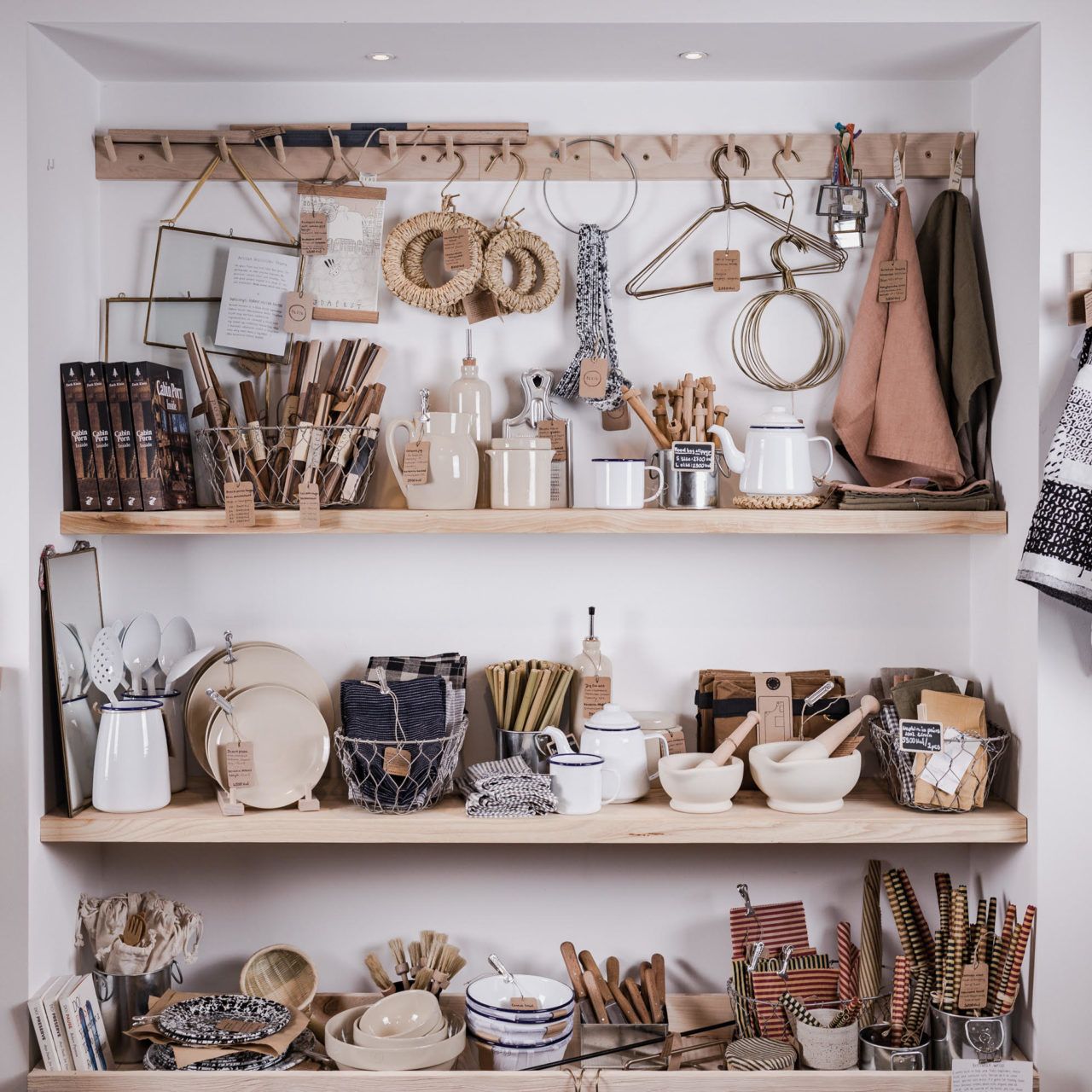
Who does what in your business; what are your favorite tasks?
Zoli: Currently only the two us work on Pauza, we don’t have any employees. We do everything ourselves. I am the head of logistics and finances, if you like, and I also take care of bookkeeping. It’s interesting that even though I consider myself a background person, I am the one that likes to be behind the counter in the shop more. Photo shooting sessions and interviews are absolutely beyond my comfort zone.
Évi: Out of the two of us, it is Zoli who likes to deal with the details; he likes to organize and arrange things in the shop. I must say he is much more thorough than me. I’m not exactly a details person. For 10 years working as a manager, my job mainly entailed strategic and planning tasks, implementation was never part of it. On the contrary, I only had insight to a very tiny part of processes. Being an entrepreneur does not only come with different roles, but a completely different way of living, too. One must see through, operate and implement everything. It takes a great amount of patience and humbleness – we are responsible for strategic planning and for stamping the paper bags, too. I am in charge of marketing, I write the copy on the website, the product descriptions and I also track down and procure new products.
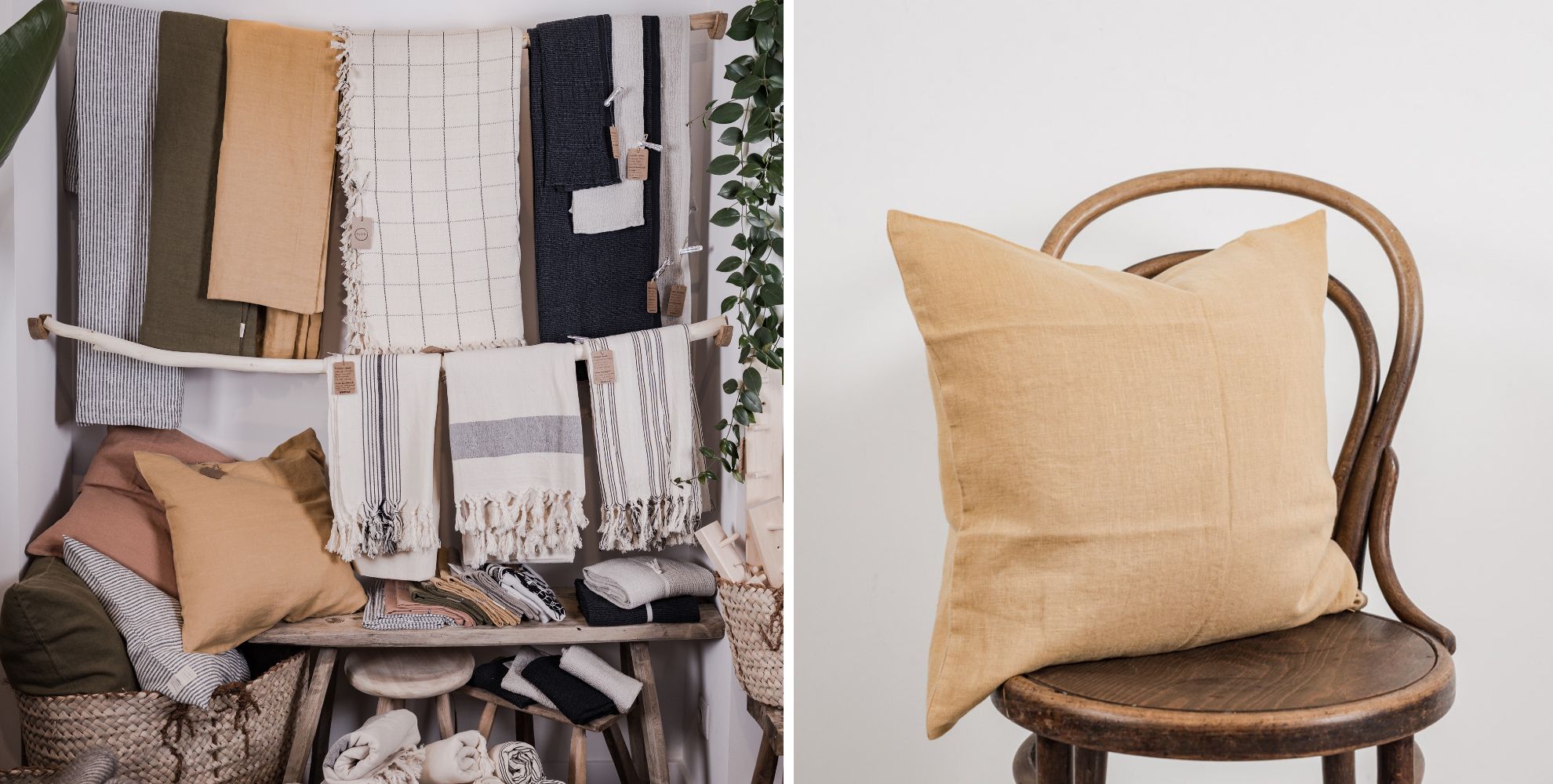
You are true curators, too; one can find the timeless products of carefully selected small businesses in your store, also displaying the production processes. How does selection take place; do you only include products in your palette that you have tested or has it ever occurred that someone created a product specifically for you?
Évi: In the beginnings, we had 20-25 products. In the past two years, we quadrupled this amount. As I mentioned before, the selection is a kind of reflection on our own lives. For example, the expansion of the household and cleaning section in the past year is owing to the fact that when we moved to a new apartment, we started a greening and simplifying process – we said goodbye to all synthetic cleaning products and bottles in the bathroom. We were looking for products with which we could not only implement a transition to a more natural way of living, but also a large-scale rationalization. This is how we found the Marseille soap and the olive black soap, which allowed us to replace at least 10 different types of cleaning products and toiletries.
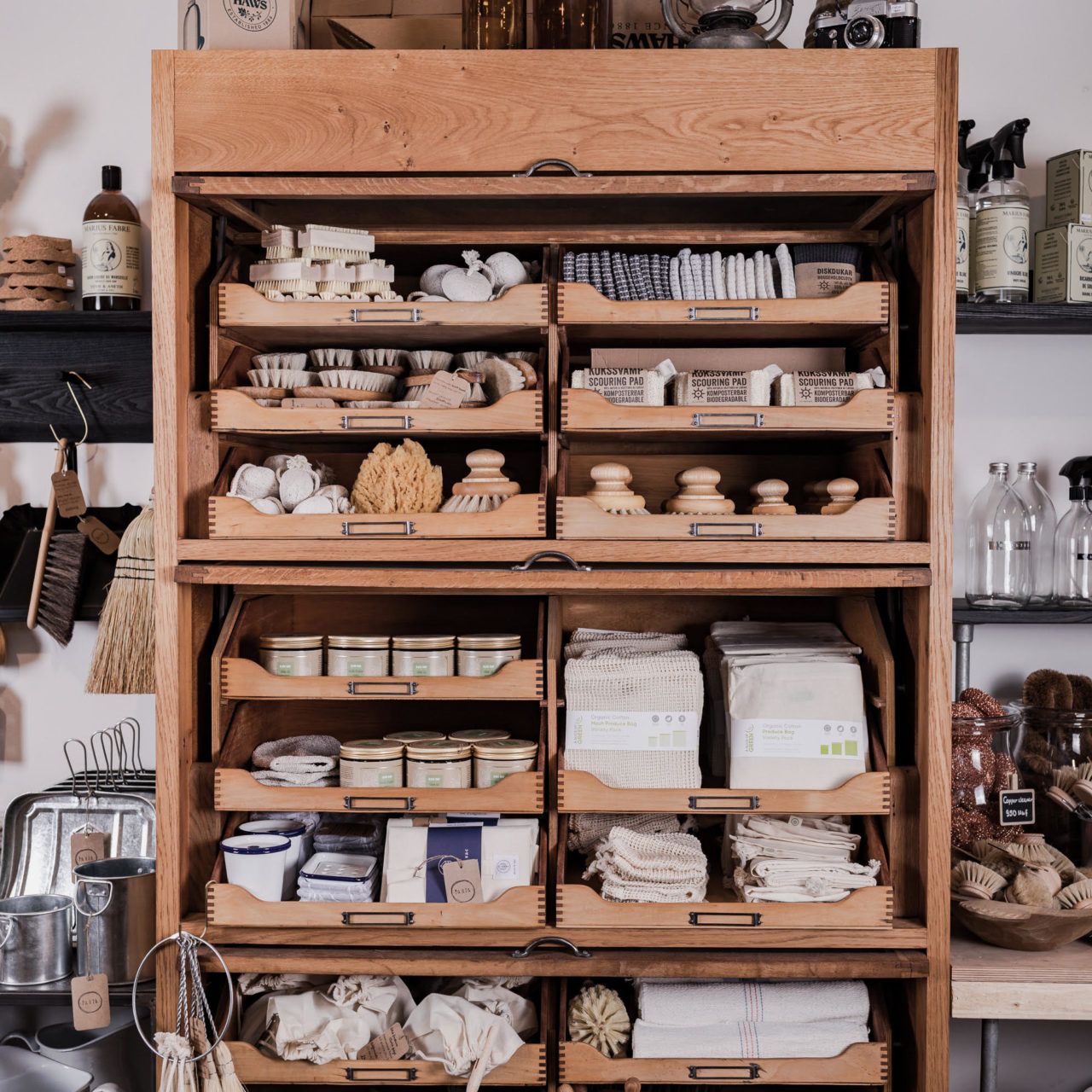
There are times when instead of adding something to the palette from our own life we receive inquiries, primarily from Hungarian manufacturers. Most of the time, collaborations take place when the creators not only share a specific product, but their knowledge, too, and when they are open for creating something in a given format only for us. This is how we ended up having the beeswax wrap, for example.
The most popular product varies by season – in springtime, it’s pots, in the summer, towels are purchased the most, and candles are the greatest hit during the winter. Which product is your all time favorite from your selection?
Zoli: It may sound weird, but flower pots are my current favorites. And my all time favorite products are the traditional Hungarian milking stools. We go to the Transdanubian region every two or three months, and we literally hunt them down. I enjoy the process of searching itself, but also the fact that we have them. Sometimes their structure has to be reinforced, and I get to be the chair doctor.
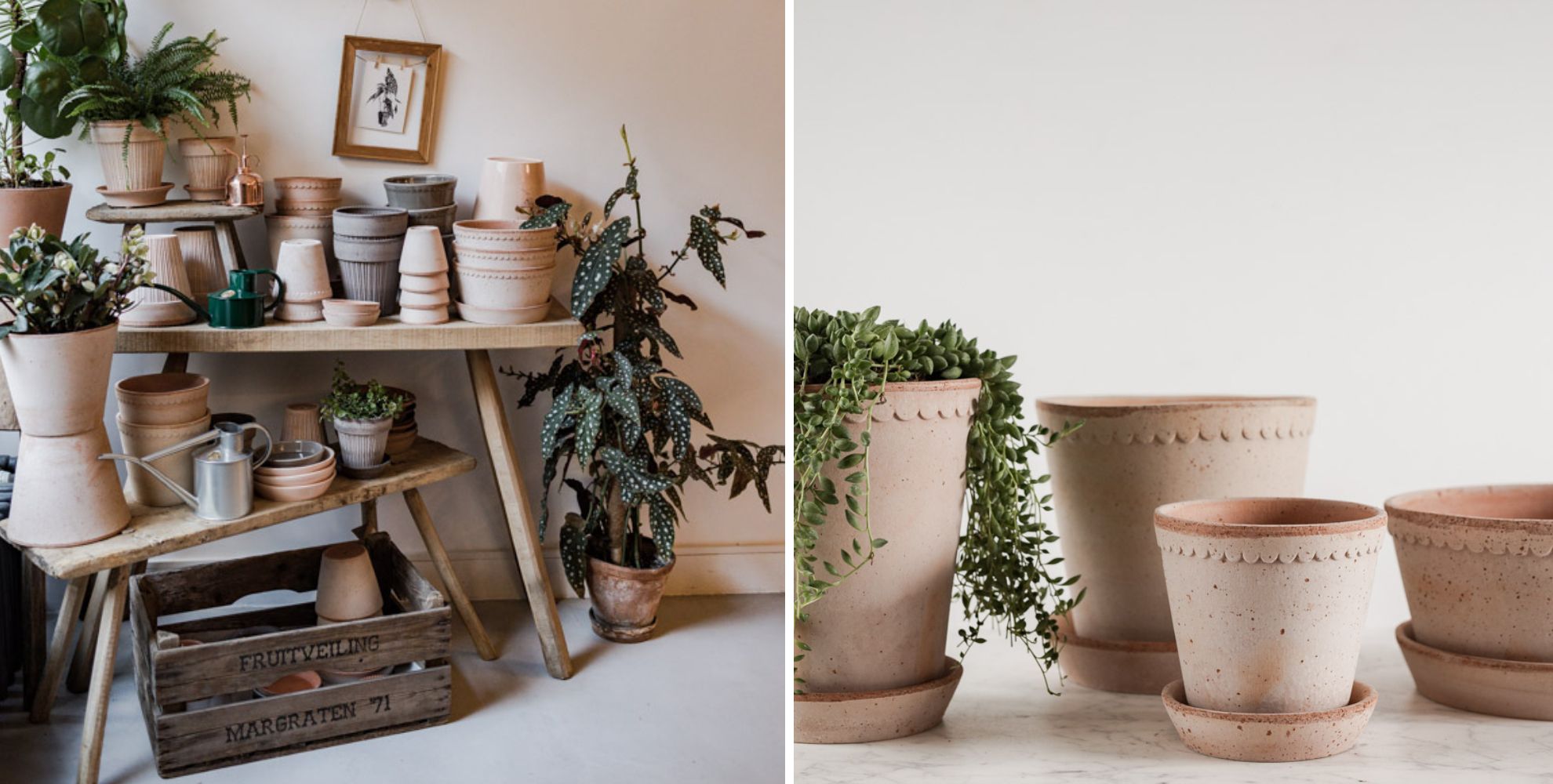
Évi: To be honest, and not because this is the mandatory answer as a Hungarian, but my favorites are always the ones that are made here, in Hungary. This may stem from two things: my personal relationship with the manufacturer, on the one hand, and because I saw how they were made with my two eyes. And if they are custom-made for us, and are the result of thinking together with the creator, it’s even more likely to become a great love. For this reason, currently my big favorites are a wood-fired ceramic mug, a beeswax candle and a solid wood poster hanger.
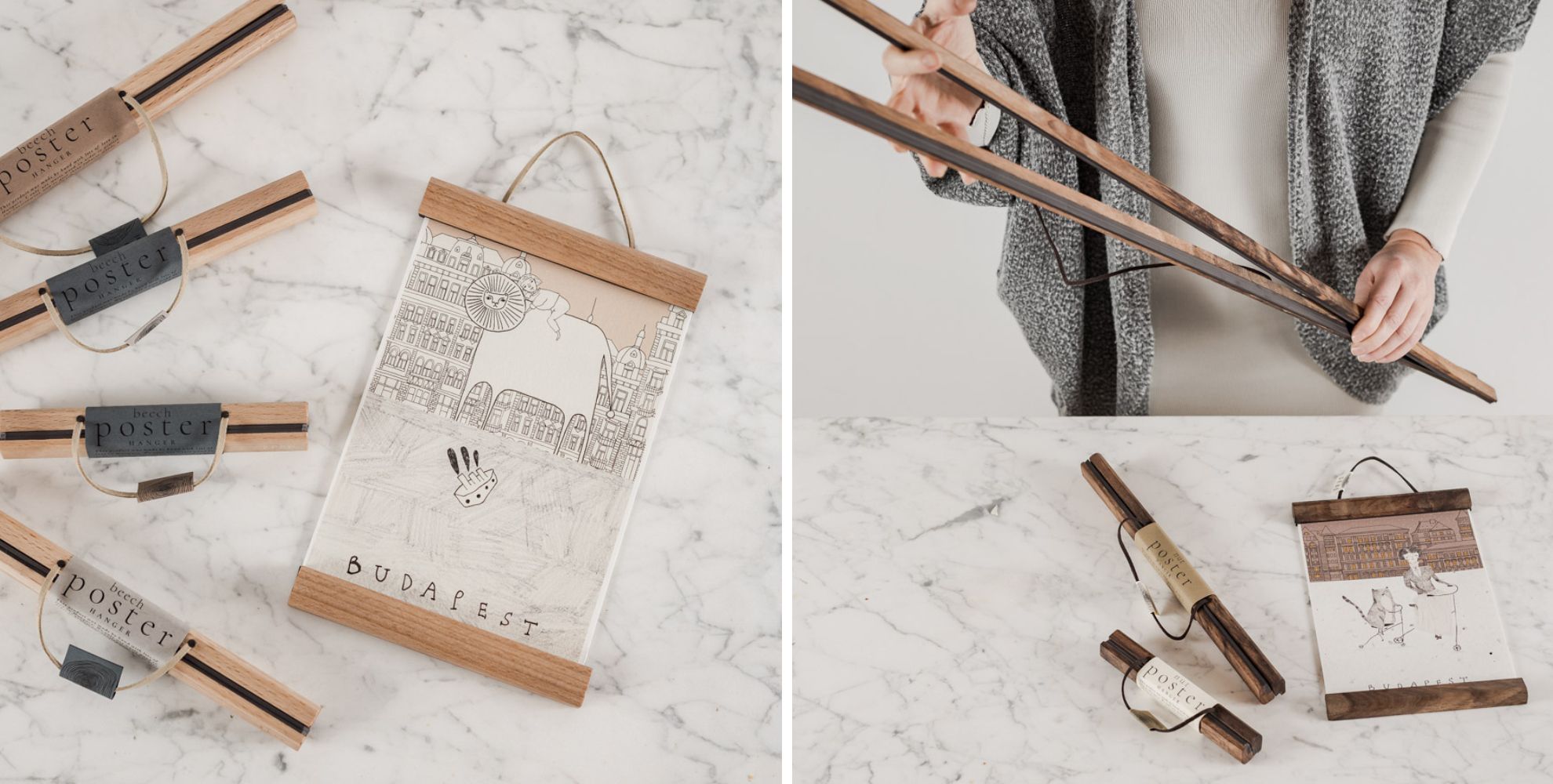
The importance of sustainability is gaining more and more ground, and more and more people are choosing a conscious lifestyle. What methods do you use to maintain interest, who are your customers?
Évi: We have a lovely regular customer, who once said that they shop in our store because they like to know whom and what processes they support with their money. I would specifically call them the customers that believe in their money being a means of voting. They believe in the power of consumer decisions. To that end, we created a very story-telling and detailed website, specifically for these customers. It tells them from where a given product comes, who manufactures it, from what materials and what purposes it serves.
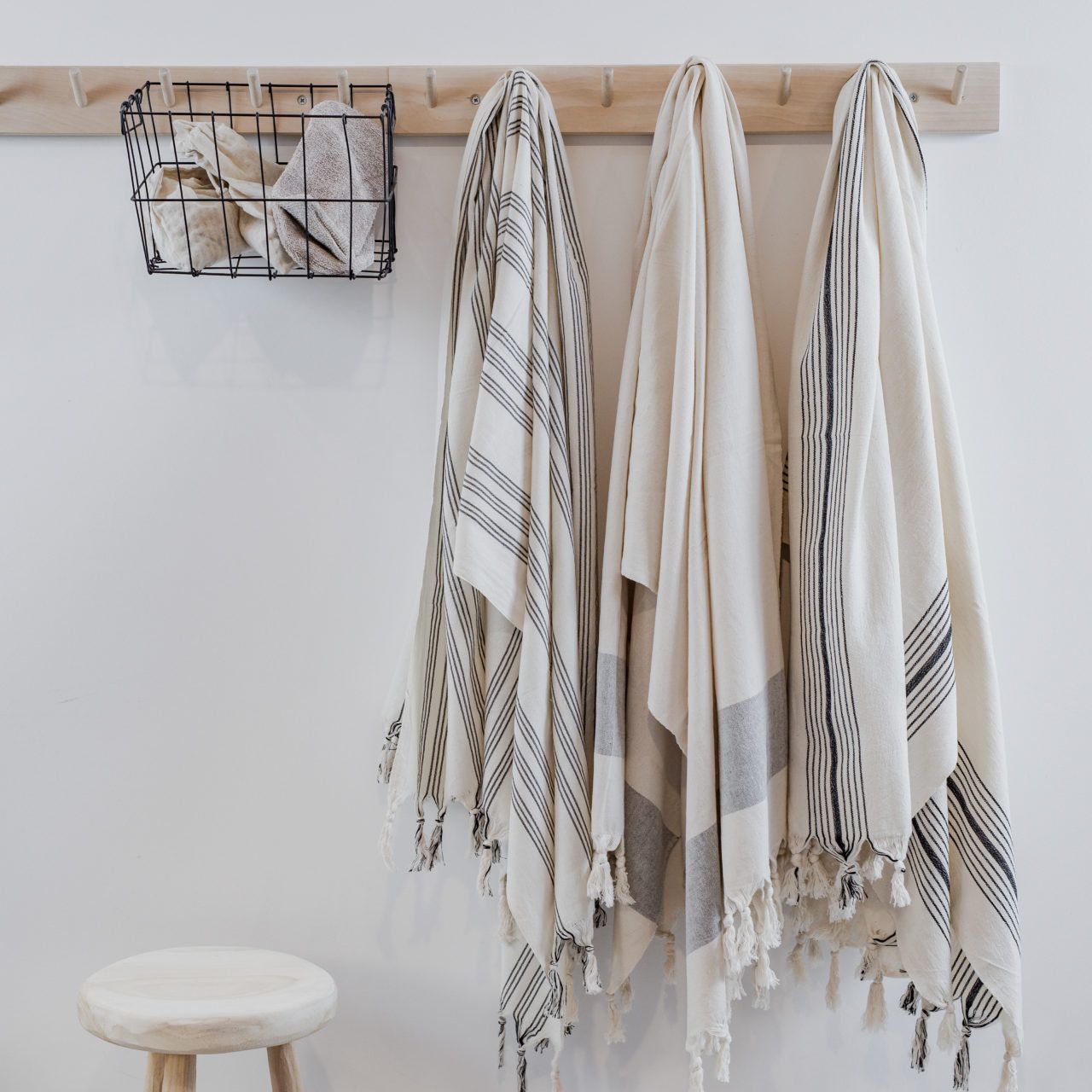
At the same time, there is a segment of buyers on whom I can see that they come to our store because all in all they like to purchase things from small businesses. They love the fact that the owner serves them personally, they love chatting about the products, they love the experience a small store of this kind can offer as opposed to a large hypermarket. It’s interesting to see that these customers mainly come from the more mature age group. I think perhaps these are the people that loved and cherished this form of shopping back in the day when retail stores were still flourishing in Budapest.
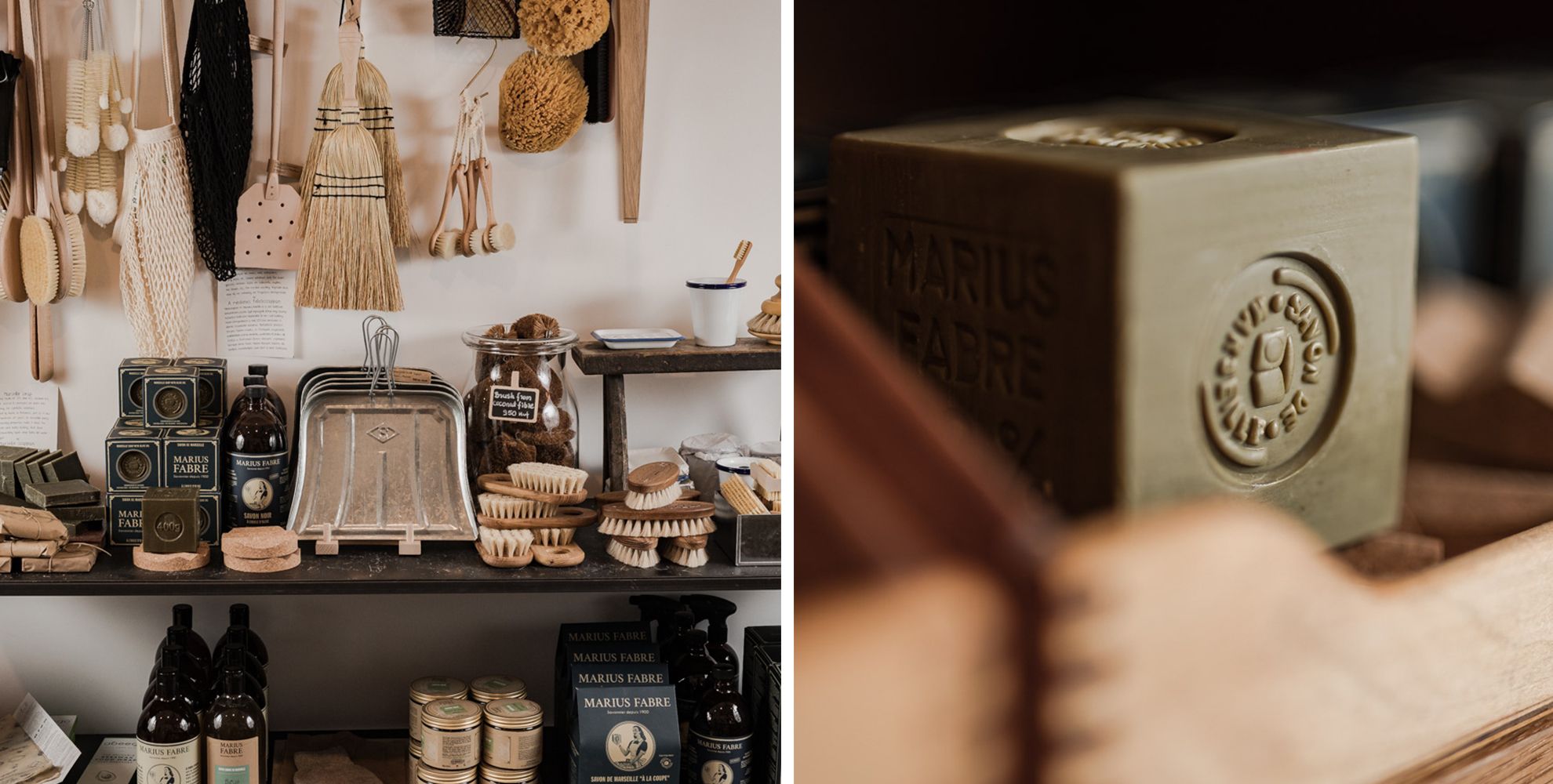
Another thing we try to be different in is timelessness. I think the new products added to the palette in the past year also support this endeavor. The fast fashion phenomenon primarily existing in the fashion industry is similarly dominant in the home decor sector, too, so we only deal with fabrics and household objects that are either made with a traditional technique or can outlive trends, because they will hold their ground in terms of shape and pattern in ten years’ time, too.
What’s the next step? Is there anything you would like to change in the future?
Évi: I think slowly we leave childhood and Pauza enters adolescence. We would like to further develop and grow. We have many ideas in terms of products to expand our palette with, although the capacity of the store is soon hitting the limits, and there is undoubtedly room for us to improve our online presence. So you should expect novelties from us, by all means.
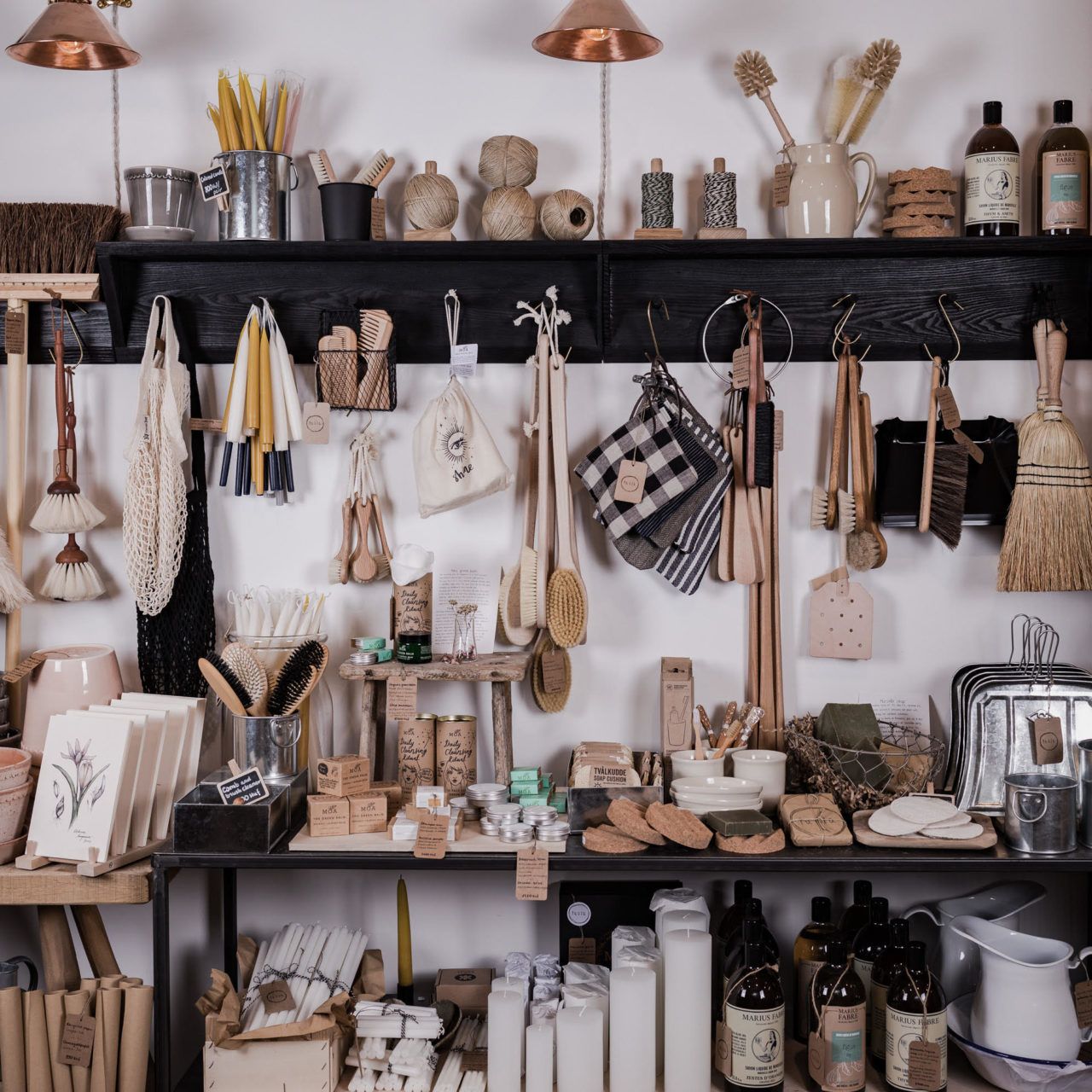
If you’d like to know how you can sneak some sustainability into your everydays, we recommend Pauza’s blog, where you can get some very useful information in the subject. Go and purchase some of the timeless pieces, visit Pauza’s cozy shop or check out the website of the brand!
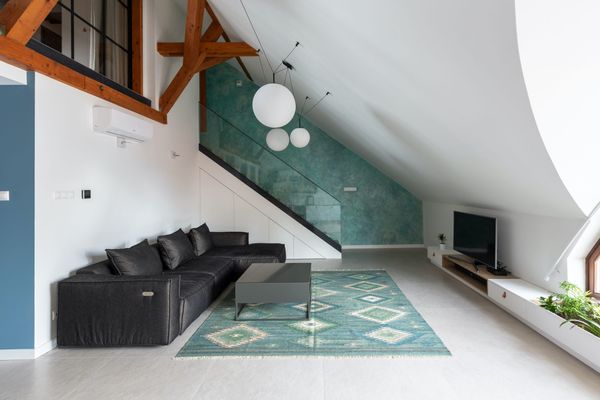
From complexity towards simplicity | Luca Varga – Interiorlines
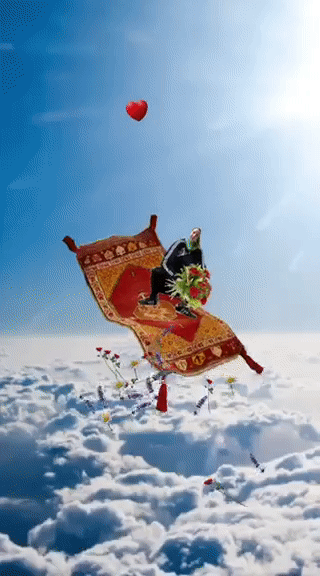
#PostSovietSelfies










